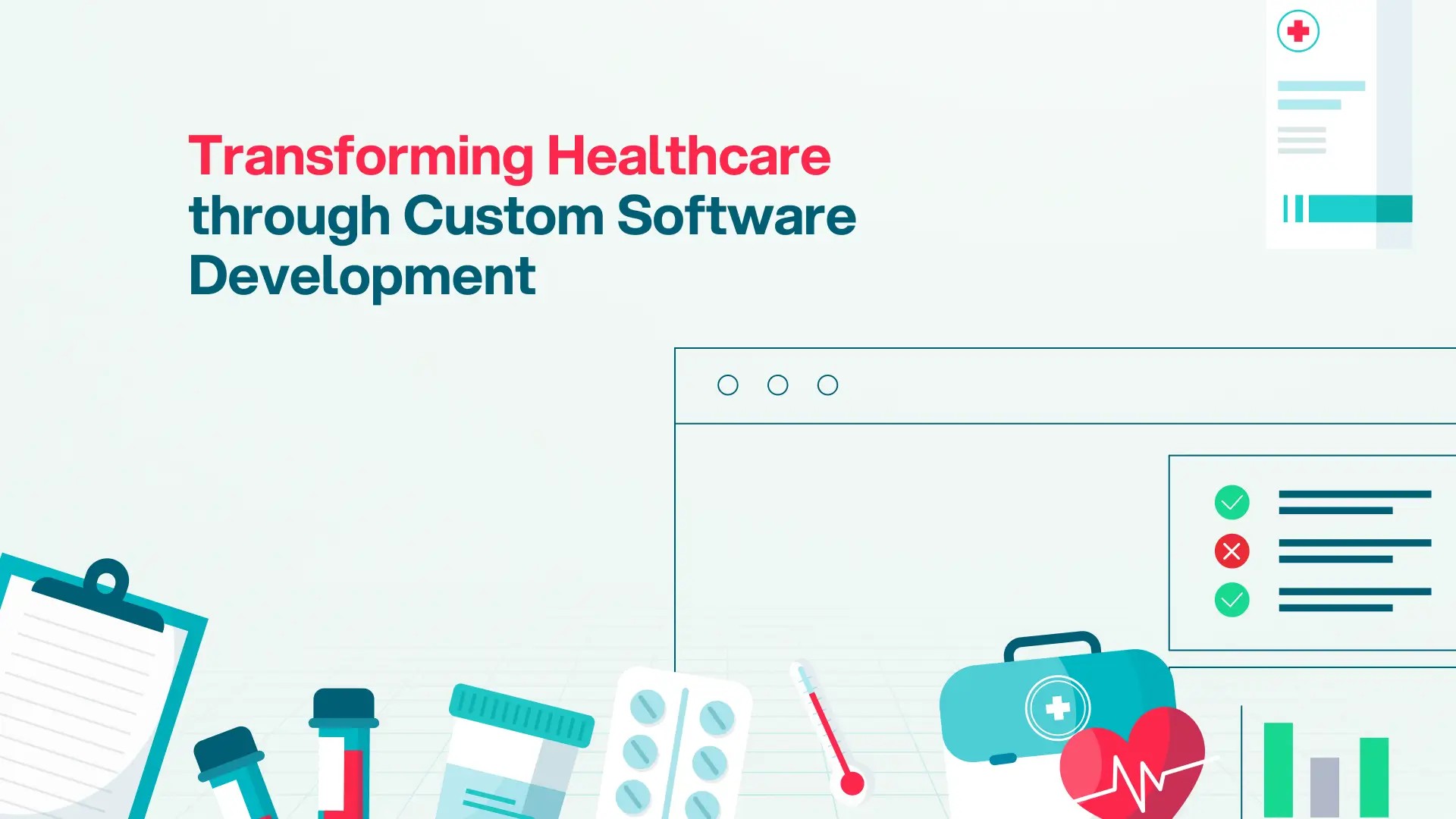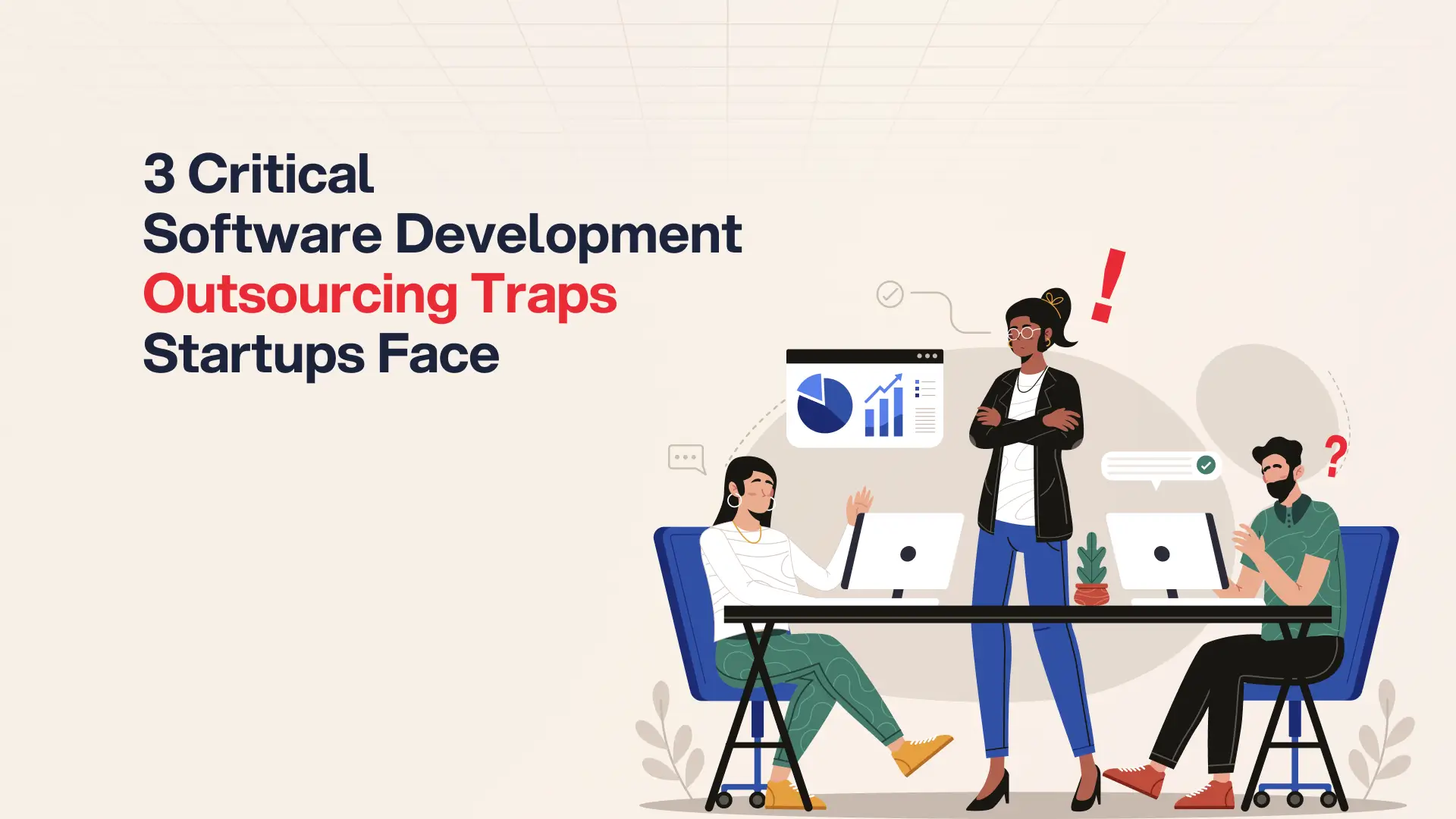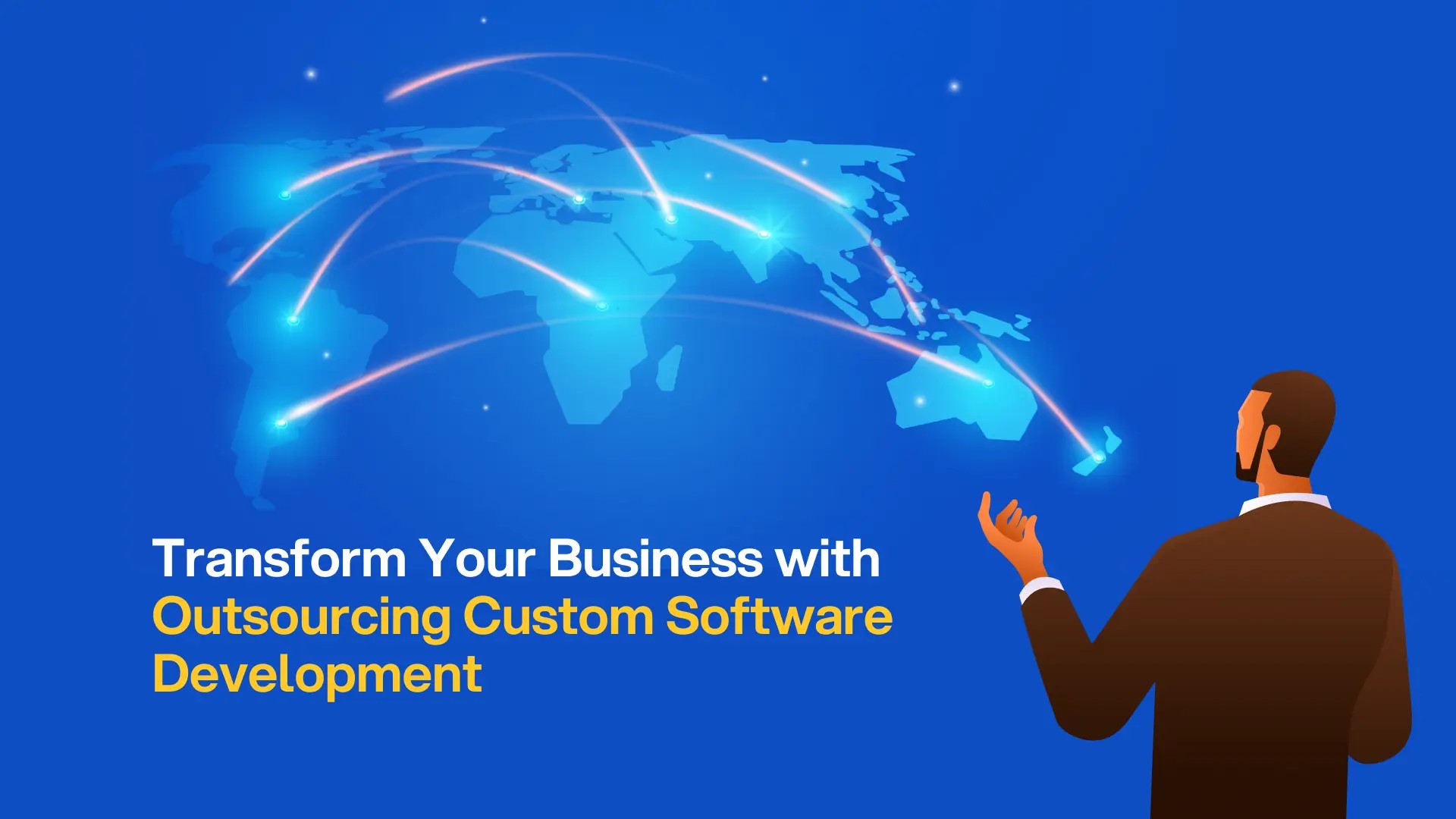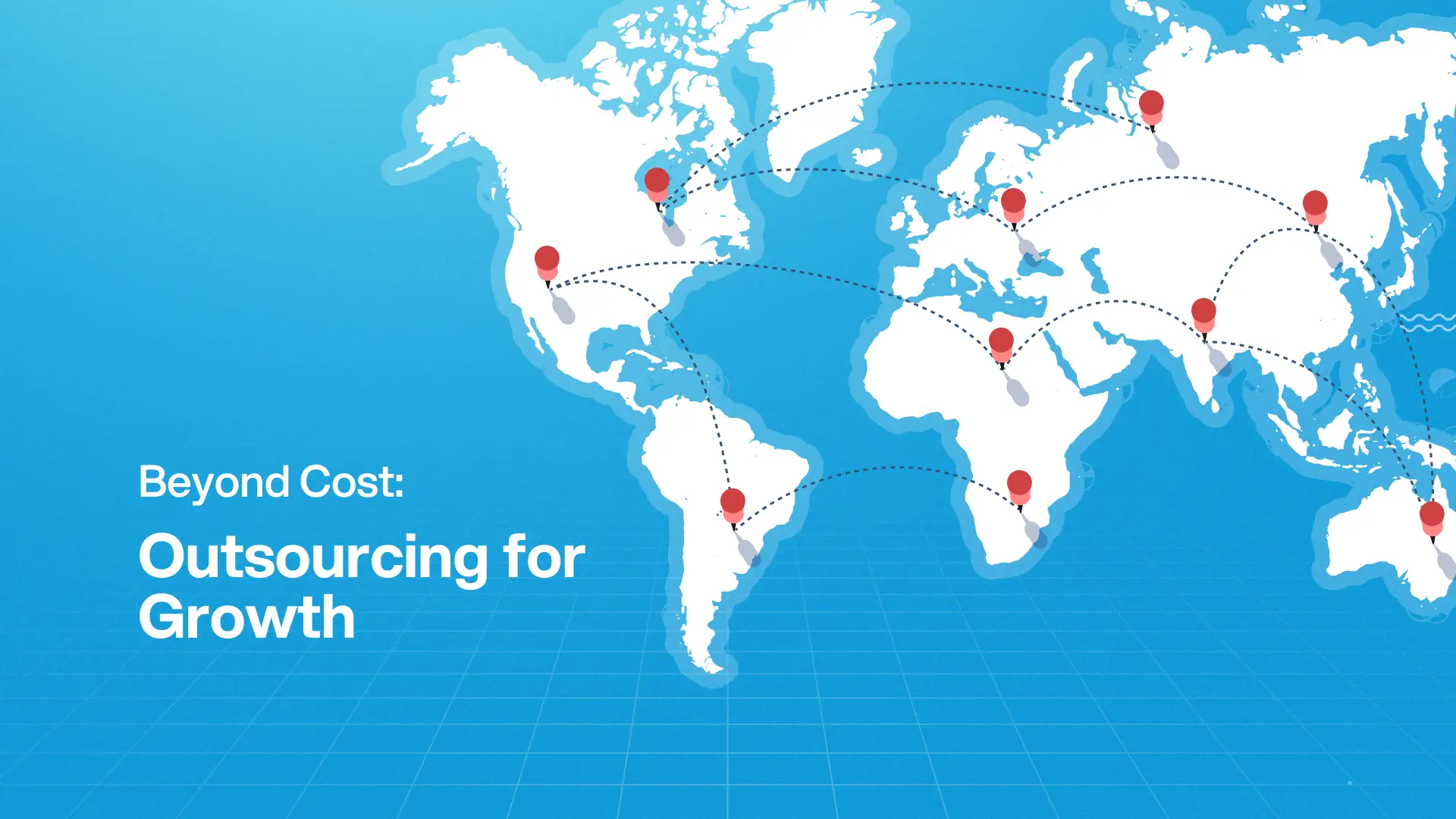Post Activity
 403
403
Table of Content
Share This Post
Table of Content
Cybersecurity is a core business priority for companies that build software, manage sensitive data, or outsource development. Cyberattacks could cost businesses $10.5 trillion by 2025.
Outsourcing introduces additional risks, particularly in global or distributed setups. While development can be delegated, accountability cannot. Weak access controls, unvetted tools, and lax security practices from partners can compromise the entire system. Enforcing cybersecurity best practices across outsourced operations is essential to protect data, ensure compliance, and safeguard business continuity.
Cybersecurity Best Practices in Outsourced IT Operations
When your company works with an outsourcing partner, you are essentially giving an outside team access to your systems, data, and intellectual property. That’s a big opportunity, but also a big risk.
If their security is weak, your business could suffer the consequences: data leaks, compliance violations, loss of customer trust, or even legal trouble. However, with some smart strategies, you can stay secure while still reaping the benefits of outsourcing.
1. Manage Third-Party and Supply Chain Risks
Map your digital supply chain. Know who touches your code, your data, and your infrastructure, directly or indirectly. Use vendor risk management tools and demand transparency from subcontractors. Don’t just look at your direct vendor; understand who they work with, what tools they use, and how secure their systems are. A weak link anywhere in the chain, like an unsecured plugin or a subcontractor with poor hygiene, can be an open door for cyberattacks.
2. Define Security Standards for Remote Teams
Define mandatory security tools for remote staff, like VPNs, endpoint protection, and password managers. Adopt Zero Trust policies where no device or user is inherently trusted, even inside the network. Make sure your outsourced team, whether they’re across the country or across the globe, follows the same strict security rules you would expect at your headquarters. Remote developers or testers using personal laptops, unsecured Wi-Fi, or weak passwords can be a major vulnerability.
3. Ensure Compliance with Global Data Protection Laws
From GDPR in Europe to HIPAA in the U.S., legal compliance is not optional. Confirm that your partners follow local and international data protection mandates. Contracts should reflect these obligations. If your business handles sensitive data (like customer info or health records), your outsourcing partner must follow data privacy laws. Violating these laws can mean huge fines and reputational damage, even if the mistake happened overseas.
Thinking of Outsourcing?
Access a wide range of outsourcing companies and find your best fit.
ROI of Cybersecurity Best Practices for IT Outsourcing
As a business leader, you are constantly weighing costs vs. benefits. So, when someone suggests spending more on cybersecurity, your natural question is: “What do we get out of it?”
Cybersecurity doesn’t always come with a clear, upfront return like a new feature or marketing campaign. But think of it as a strategic safety net, an investment that protects everything you have built. And when done right, it even becomes a competitive advantage. Let’s break down the key benefits and ROI in a way that makes business sense.
1. Protect Your IP and Sensitive Data
Whether you’re a startup or a mid-sized company, your intellectual property (IP) is often your most valuable asset. Losing it to a cyberattack can set you back months or even destroy investor confidence. A breach can leak code, strategies, or client data, giving competitors a free pass to your innovation. A relatively small investment in access controls, encryption, and secure development environments can prevent a multi-million-dollar loss.
2. Build Trust and Win More Business
Security is now part of how clients evaluate vendors. Certifications, secure processes, and compliance standards are trust signals. Customers and partners want to know their data is safe with you. When you show them you take security seriously, they’re more likely to trust and do business with you.
3. Avoid Legal and Operational Risks
If you suffer a data breach and it turns out you weren’t protecting things properly, the consequences can be brutal: lawsuits, fines, downtime, lost customers. Depending on your industry, violating laws like GDPR or HIPAA can result in six or seven-figure (in US dollars) penalties. Even one breach can damage your reputation permanently.
Final Take: Make Cybersecurity Best Practices a Core Business Strategy
When a vendor uses unsecured endpoints, shadow IT, or outdated open-source components, it compromises your entire ecosystem. If they lack layered defenses, skip regular audits, or overlook access control hygiene, your business inherits those vulnerabilities. Global data laws like GDPR and HIPAA apply, whether the breach happens in-house or offshore. This is why cybersecurity best practices must be embedded into every outsourcing decision. Security maturity is not a bonus—it is a baseline requirement for protecting your data, your customers, and your long-term credibility.
Ready to Build Your Team?
Let’s create together, innovate together, and achieve excellence together. Your vision, our team – the perfect match awaits.






